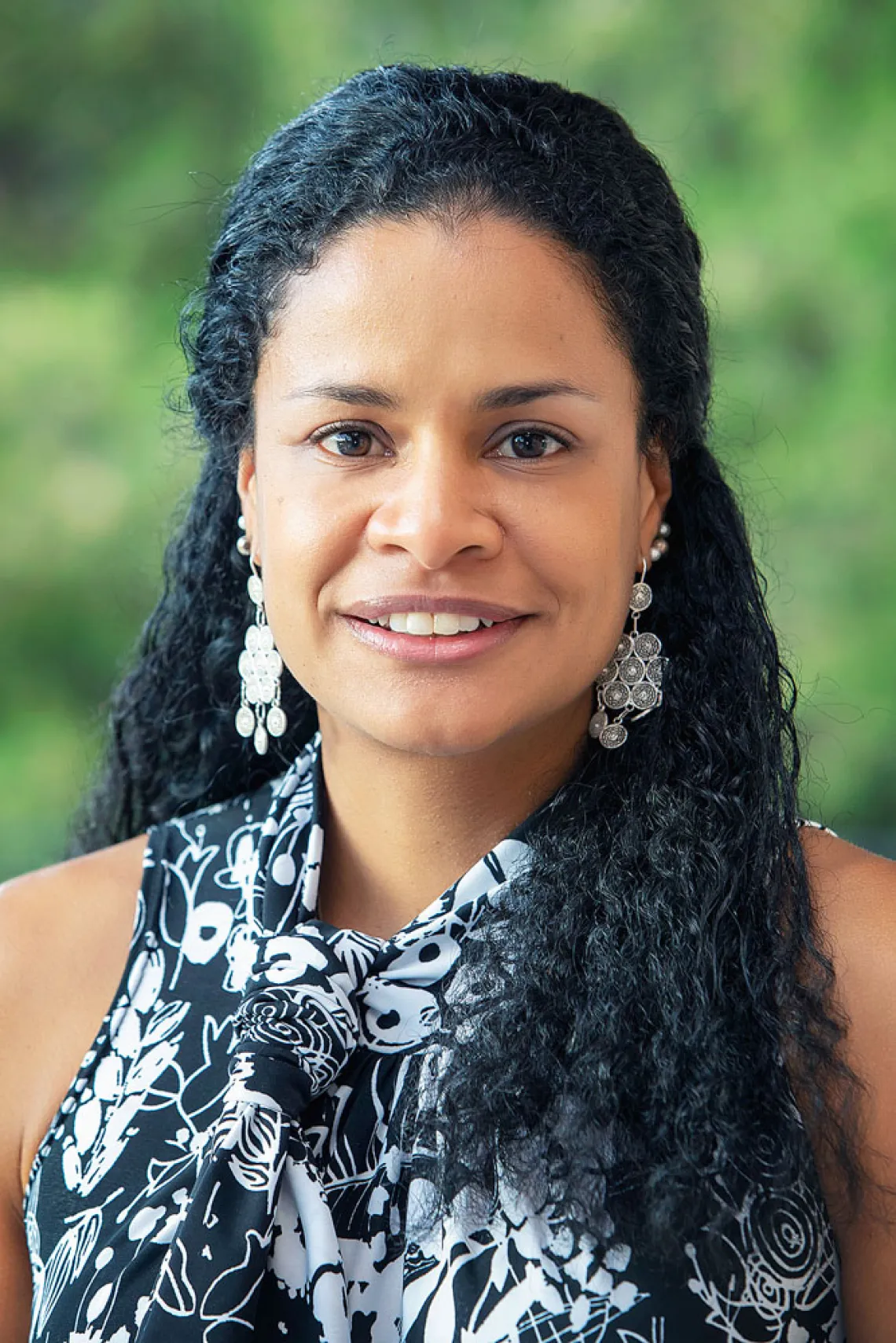Spotlight on Sonia Delphin-Perez - WWF Prince Bernhard Scholarship, Spanish Agency for International Development Cooperation, University Fellows Program

Dear Graduate Students,
I wanted Sonia Delphin-Perez to write a Spotlight article even before I worked on a fellowship with her. It isn’t just that she is a successful grant writer, although she is, but that she has such a clear-eyed perspective on searching for funding. Funding is challenging for all students, but particularly for international students. I think her approach to this challenge will be instructive for all students.
Shelley
Hello! My name is Sonia Delphin-Perez and I am originally from Paraguay. I would like to give you a few insights about applying for fellowships from my perspective as an international graduate student.
I am a first-year PhD student in the School of Natural Resources and the Environment (SNRE) at the University of Arizona. During my professional career, I was fortunate to receive many scholarships and fellowships that supported my education. Recently, I was awarded the University Fellowship from the University of Arizona.
My current interest involves finding ways to balance development and conservation of natural resources in developing countries. Therefore, my research focuses on developing a holistic framework for land use planning that includes the environmental, economic and social dimensions of sustainability. I want to demonstrate that if we consider these dimensions, we can reduce conflicts over land uses and improve human well-being and conservation of natural resources in the semi-arid region of Paraguay called Chaco.
At some point of our lives, all students must deal with searching for funds and writing grant proposals. As international students, we might think that we have fewer opportunities to receive support. This is true, however, there are many fellowships and scholarships for us as well. We just need to have courage to apply, trust ourselves, show the passion we have for our research, and, hopefully, have some good luck.
Application processes for scholarships or fellowships can be very challenging and stressful. However, we will gain a lot from successes and failures and we will grow professionally with each experience. My first attempt was to apply to a scholarship from a Spanish Foundation to do a short training in my area of interest. I dedicated many months to the application form and received support from many people. My hard work on my application paid off when I advanced to an interview phase; I was extremely happy with this great achievement. However, after the interview, I realized that I had spent too much time on the application form and did not take enough time to prepare myself for the interview. I didn’t get this scholarship and felt very frustrated, but then I decided to take it as a lesson learned. Two tips for interviews, trust in your knowledge and communicate it to the interviewers and be very clear about your long-term goals and how they connect with the scholarship of interest.
Life, in general, is full of ups and downs and this also applies to fellowships. After that “unsuccessful” experience, I have been very fortunate, and was awarded several scholarships and fellowships. I had the opportunity to study abroad in many different universities thanks to the WWF Prince Bernhard Scholarship, Spanish Agency for International Development Cooperation (AECID), the Florida Forest Service and the School of Forest Resources and Conservation at the University of Florida.
I want to share some tips that have been useful for me. You should always start your application with enough time so you can pass through many iterations to improve the proposal. Identify someone with experience in writing proposals to give you feedback, and if you are a non-native English speaker, make sure a native speaker reviews your proposal before submitting. Don’t forget about the recommendation letters, it can take time to gather all of them. One tip that really works for me is to prepare a Gantt chart with specific milestones and dates until the final version of the proposal is achieved.
If the proposal requires a letter of interest, you need to write one that stands out from the others. Include why this fellowship is important to you and how it contributes to your long-term goals. It is also helpful to include how other people can benefit if you get the fellowship. This can be seen as an added-value for some agencies.
As already mentioned, recently, I was awarded the University Fellowship from the University of Arizona to support my doctoral program. This fellowship only accepts nominations from UA departments. In these situations, it is important to have a robust CV that can demonstrate all the work you have been doing in your professional career. Consider how to make your CV point to experiences in the past that will contribute to your future success. Be strategic; many lines can contribute to your next fellowship application, but you also need to keep your North and prioritize activities that relate to your long-term goals. Make sure your CV is always updated and that no activity is lost. We can think that something is not important, but it can really make a difference during the application.
Identify previous recipients so you can ask them for specific advice. And lastly, remember that is not only about getting funds, but also gaining professional development throughout the process.
I am more than happy to answer questions via email, especially if you are an international student and do not know where to start.

